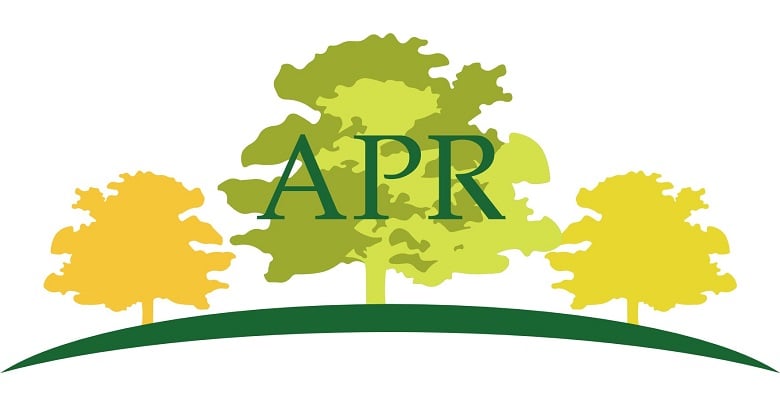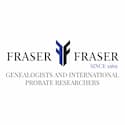The Association of Probate Researchers (APR) takes the first steps to regulation in the Heir Hunting industry
The Association of Probate Researchers (APR) was formed by Neil Fraser in response to the lack of regulation in the Probate Research (Heir Hunting) industry. Neil is a partner at Fraser and Fraser, the research firm who have featured most prominently on BBC One’s Heir Hunters programme for 10 consecutive series. After several years of looking at ways to promote regulation, Neil is delighted to announce that APR (which was incorporated in June 2016) is now a recognised body under the Professional Paralegal Register (PPR). APR’s new status is set to benefit its members, allowing them to hold a PPR practising certificate whilst they follow APR and PPR guidelines.
The probate research industry is unregulated and APR was set up as a voluntary, self-regulatory body which aims to raise standards and to offer protection to beneficiaries from hobby genealogists and enthusiast amateurs. APR protects consumers (beneficiaries) from firms and individuals who believe that, after having watched the TV series, they can become probate researchers with very little or no legal training and experience. In the past few years there have been several cases of fraudsters posing as Heir Hunters resulting in millions of pounds being stolen from members of the public. This is just the tip of the iceberg.
PPR was launched in 2015 by the National Association of Licensed Paralegals (NALP) and the Institute of Paralegals (IoP). The PPR was set up in direct response to the Legal Education and Training Review (LETR) in order to regulate paralegals and only recognise those who provide the highest of standards. APR is the fourth body to be recognised by the PPR and the only body for Probate Researchers or Heir Hunters.
All APR members sign up to the professional ethics and code of conduct. Members benefit from: Inclusion on the Register held by the PPR; the ability to apply for Paralegal Practising Certificates which provide regulation that until now has been missing from the industry. The APR has an independent compensation scheme, which has been setup to promote regulation, protect fellow members of the legal industry, and more importantly reassures the general public and beneficiaries that they can turn to an authoritative body if they have been taken advantage of.
Commenting on this development, APR Chair Neil Fraser said: “APR is the only Recognised Body for Probate Researchers that has access to a compensation scheme and an independent complaints procedure. We are proud to be working alongside the PPR to enhance the status of Professional Paralegals. Our members will at last be able to have their professional status recognised, this is only the beginning in order to justly regulate the industry, but it is a huge first step.
“Beneficiaries can be comforted by the fact that our individual paralegal practitioners are regulated and backed by a compensatory scheme, an industry first.”
Rita Leat, Managing Director of the PPR added: “We are delighted that APR is now a Recognised Body under the PPR. The probate research profession have been among some of the unsung heroes offering legal services and we welcome them as Professional Paralegal Practitioners. The PPR is the voluntary regulatory body for all legal service providers who work in the unregulated sector. It provides a robust but proportionate set of regulatory standards with a compensatory scheme available to consumers when things go wrong.”
The APR is in talks with several of the leading firms in the industry and hope to announce more members in near future.
This article was submitted to be published by Fraser & Fraser as part of their advertising agreement with Today’s Wills & Probate. The views expressed in this article are those of the submitter and not those of Today’s Wills & Probate.




















